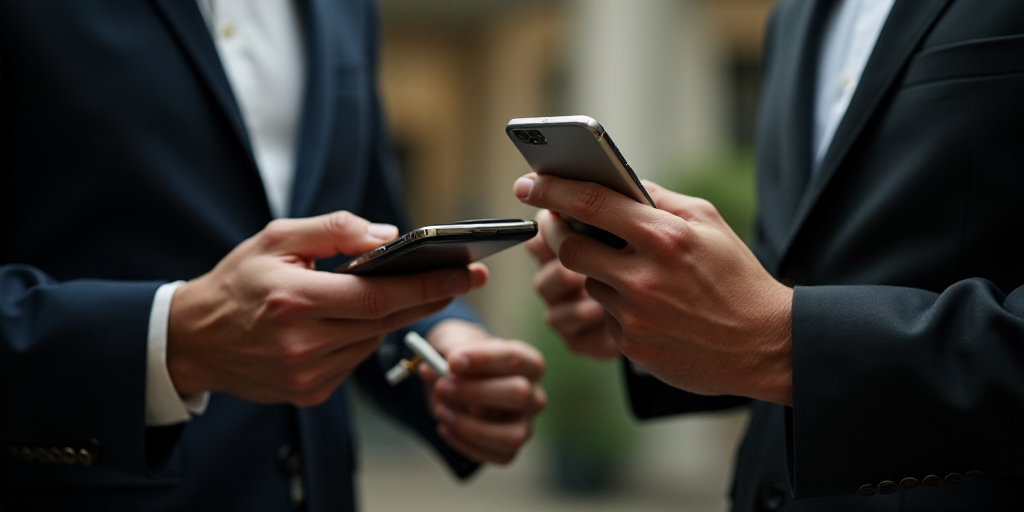If you’re planning a summer getaway, it’s crucial to include your personal finances in your travel arrangements. A key aspect is deciding how you’ll pay: whether it’s cash, credit card, or debit card.
This decision should be accompanied by precautions to safeguard your financial data and prevent issues like theft, loss, or unrecognized charges. Here are some tips:
1. Monitor Your Card During the Trip
The National Commission for the Protection and Defense of Users of Financial Services (Condusef) advises that if you’re using a card, maintain constant monitoring through your bank’s app to identify suspicious charges. Also, separate your savings into digital compartments and keep only the necessary amount available, along with setting a usage limit on your credit card.
It’s important to avoid making payments at informal businesses, where cases of cloning have been reported. Always pay at formal establishments and ensure you verify the amount before inserting your card into the terminal.
2. Tips for Withdrawing Cash
If you need to withdraw cash during your trip, do so exclusively at your bank’s ATMs to avoid additional charges. Ensure the surroundings are secure and don’t accept help from strangers.
3. What to Do if You Lose Your Card or Detect Unrecognized Charges?
In case of theft or suspicion of cloning, follow your bank’s protocol immediately. You have up to 90 natural days to file a claim. According to Condusef, financial institutions usually provisionally refund the claimed amount within a maximum of 48 hours.
After this period, the bank conducts an investigation: if they don’t contact you within 45 days (for domestic charges) or 180 days (for international ones), it’s considered a favorable ruling. If the resolution doesn’t benefit you, the bank will charge your card again.
Remember that reporting an unrecognized charge will block your card, so it’s advisable to carry an alternative payment method. Upon your return, visit a branch to request card replacement, which usually incurs an additional cost. Keep your bank’s contact numbers, both domestic and international, found at the back of your card.
Key Questions and Answers
- Question: How can I protect my credit card during travel?
- Question: What should I do if my card is lost or there are unrecognized charges?
- Question: How long do I have to report unrecognized charges?
- Question: What happens after I report unrecognized charges?
Answer: Maintain constant monitoring of your card through your bank’s app, avoid informal businesses for payments, and withdraw cash only from your bank’s ATMs.
Answer: Follow your bank’s protocol immediately, file a claim within 90 natural days, and keep an alternative payment method as your card will be blocked.
Answer: You have up to 90 natural days to report unrecognized charges and initiate a claim.
Answer: The bank will investigate and, if the ruling is unfavorable, they will charge your card again. If no contact is made within 45 days for domestic charges or 180 days for international ones, it’s considered a favorable ruling.






